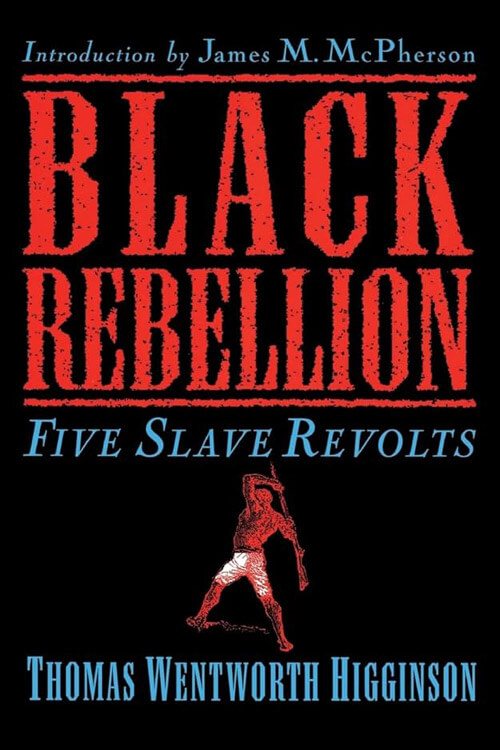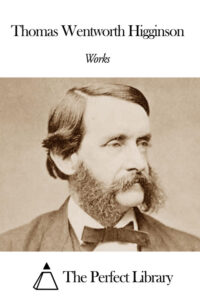
Black Rebellion – Five Slave Revolts
The Maroons! It was a word of peril once, and terror spread along the skirts of the blue mountains of Jamaica when some fresh foray of those unconquered guerrillas swept down from the outlying plantations, startled the Assembly from its order, Gen. Williamson from his billiards, and Lord Balcarres from his diplomatic ease,—endangering, according to the official statement, “public credit,” “civil rights,” and “the prosperity, if not the very existence, of the country,” until they were “persuaded to make peace” at last. They were the Circassians of the New World, but they were black instead of white, and as the Circassians refused to be transferred from the Sultan to the Czar, the Maroons refused to be transferred from Spanish dominion to English, and thus their revolt began.
The difference is that while the white mountaineers numbered four hundred thousand and only defied Nicholas, the black mountaineers numbered less than two thousand and defied Cromwell; and while the Circassians, after years of revolt, were at last subdued, the Maroons, on the other hand, who rebelled in 1655, were never conquered, but only made a compromise of allegiance, and exist as a separate race to-day. When Admirals Penn and Venables landed in Jamaica in 1655, no remnant was left of the sixty thousand natives the Spaniards had found there a century and a half before. Their pitiful tale is told only by those caves, still known among the mountains, where thousands of human skeletons strew the ground—in their place dwelt two foreign races—an effeminate, ignorant, lazy white community of fifteen hundred, with a black slave population quite as large and infinitely more hardy and energetic. The English readily subdued the Spaniards: the negroes remained unsubdued. The slaveholders were banished from the island: the enslaved people only exiled themselves to the mountains; thence, the English could not dislodge them, nor the buccaneers whom the English employed
Read or download Book
Thomas Wentworth Higginson
Thomas Wentworth Higginson (December 22, 1823 – May 9, 1911) was an American Unitarian minister, author, abolitionist, politician, and soldier.
Biography
He was active in abolitionism in the United States during the 1840s and 1850s, identifying himself with disunion and militant abolitionism. He was a member of the Secret Six, which supported John Brown. During the Civil War, he served as colonel of the 1st South Carolina Volunteers, the first federally authorized black regiment, from 1862 to 1864. Following the war, he wrote about his experiences with African-American soldiers. He devoted much of the rest of his life to fighting for the rights of freed people, women, and other disfranchised people. He is also remembered as a mentor to poet Emily Dickinson.
Higginson entered Harvard College at age thirteen and was elected to Phi Beta Kappa at sixteen. He graduated in 1841 at age 18 and taught at a private school for four months, but he detested it and became “a tutor of the three children of his Brookline cousin, Stephen Higginson Perkins”. After that, in 1843, he became “a nonmatriculated student at Harvard”. In 1842, he became engaged to Mary Elizabeth Channing. He then studied theology at the Harvard Divinity School. In 1845, at the end of his first year of divinity training, he withdrew from the school to turn his attention to the abolitionist cause. He spent the subsequent year studying and, following Transcendentalist Unitarian minister Theodore Parker’s lead, fought against the expected war with Mexico.
Believing that war was only an excuse to expand slavery and the Slave Power, Higginson wrote antiwar poems and went door to door to get signatures for antiwar petitions. With the split of the antislavery movement in the 1840s, Higginson subscribed to the Disunion Abolitionists, who believed that as long as slave states remained a part of the Union, the Constitution could never be amended to ban slavery.






